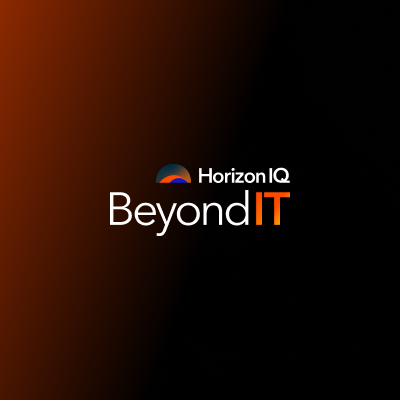
 Recently, The American Registry for Internet Numbers (ARIN) announced the exhaustion of the free IPv4 address pool. Below is a collection of news articles to keep you updated on this topic.
Recently, The American Registry for Internet Numbers (ARIN) announced the exhaustion of the free IPv4 address pool. Below is a collection of news articles to keep you updated on this topic.
North America Just Ran Out of Old-School Internet Addresses
The Internet is rapidly running out of the most commonly used type of IP address, known as IPv4. ARIN announced it has run out of freely available IPv4 addresses. While this won’t affect normal Internet users, it will put more pressure on Internet service providers, software companies, and large organizations to accelerate their migration to IPv4’s successor, IPv6. Read entire article.
North America’s IPv4 address supply runs dry
The long-predicted exhaustion of IPv4 addresses has now taken place in North America, with the region’s authority left with no further supply of the 32-bit labels to issue. In the early days of the internet, the 4.3 billion possible IPv4 addresses appeared adequate. But as early as 1995 the Internet Engineering Task Force, or IETF, named the IPv6 successor protocol, and people have been warning of the consequences of the impending IPv4 address exhaustion for years. Read entire article.
No more IPv4, now what?
After several false scares and years of warnings, it has finally happened: the Internet has run out of IPv4 addresses. Now that all IPv4 addresses have been taken, anyone looking for a new IP must either buy one from someone else or adopt the IPv6 format. Some businesses have decided to purchase more IPv4 addresses on the secondary market instead of switching. In most cases blocks of IPv4 addresses can be bought for around $15 each. Buying more IPv4 addresses can only delay the inevitable for these businesses. Read entire article.
ARIN Issues the Final IPv4 Addresses in its Free Pool, Forcing Shift to IPv6
At 128 bits, IPv6 has a much larger address space than the current standard, IPv4, which is facing the threat of address exhaustion because of its small size. IPv6 provides more than 340 trillion, trillion, trillion addresses, compared to the four billion IP addresses that are available with IPv4. IPv6 also provides more flexibility in allocating addresses and routing traffic, eliminating the need for network address translation. Read entire article.


